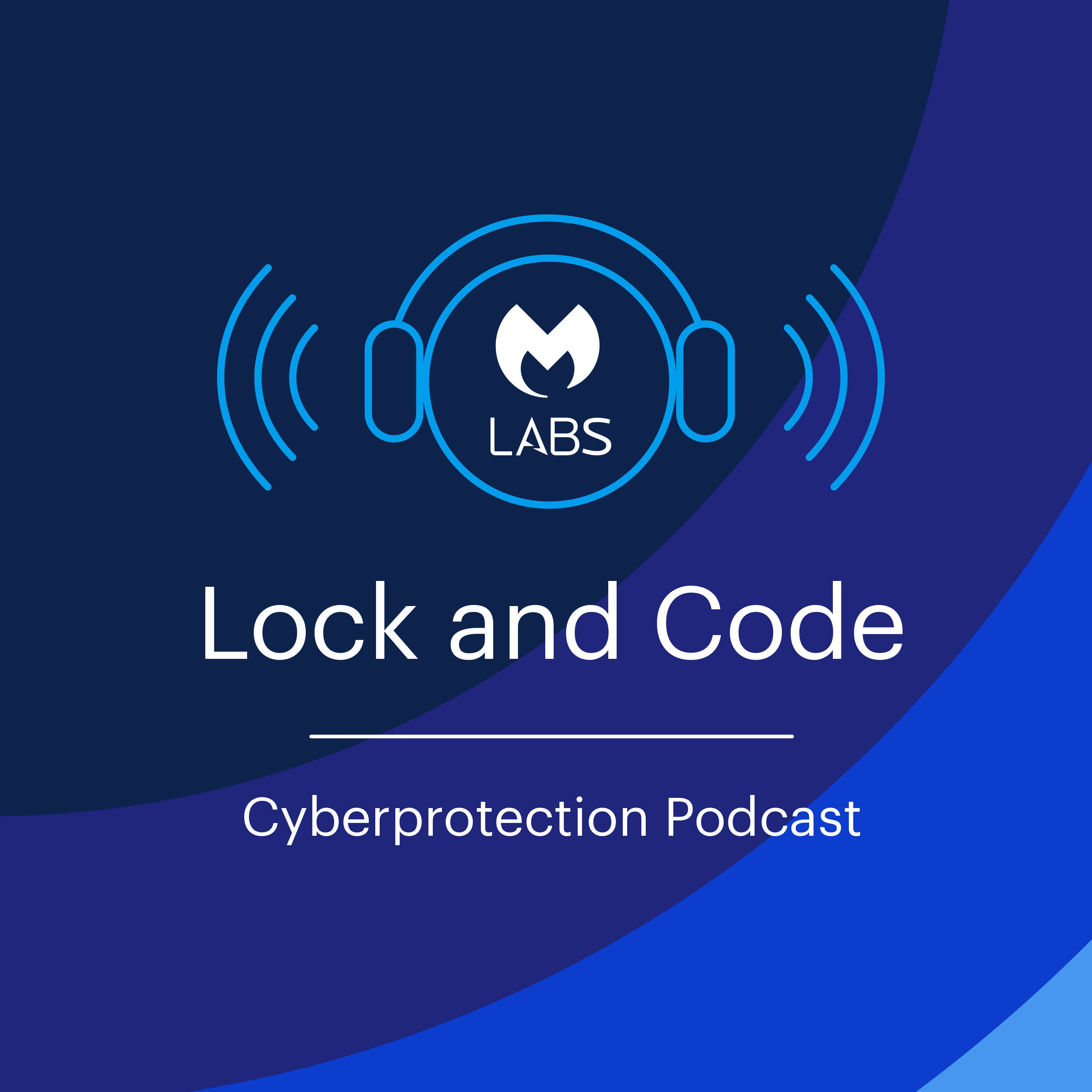Why your vote can’t be “hacked,” with Cait Conley of CISA
Description
The US presidential election is upon the American public, and with it come fears of “election interference.”
But “election interference” is a broad term. It can mean the now-regular and expected foreign disinformation campaigns that are launched to sow political discord or to erode trust in American democracy. It can include domestic campaigns to disenfranchise voters in battleground states. And it can include the upsetting and increasing threats made to election officials and volunteers across the country.
But there’s an even broader category of election interference that is of particular importance to this podcast, and that’s cybersecurity.
Elections in the United States rely on a dizzying number of technologies. There are the voting machines themselves, there are electronic pollbooks that check voters in, there are optical scanners that tabulate the votes that the American public actually make when filling in an oval bubble with pen, or connecting an arrow with a solid line. And none of that is to mention the infrastructure that campaigns rely on every day to get information out—across websites, through emails, in text messages, and more.
That interlocking complexity is only multiplied when you remember that each, individual state has its own way of complying with the Federal government’s rules and standards for running an election. As Cait Conley, Senior Advisor to the Director of the US Cybersecurity and Infrastructure Security Agency (CISA) explains in today’s episode:
“There’s a common saying in the election space: If you’ve seen one state’s election, you’ve seen one state’s election.”
How, then, are elections secured in the United States, and what threats does CISA defend against?
Today, on the Lock and Code podcast with host David Ruiz, we speak with Conley about how CISA prepares and trains election officials and volunteers before the big day, whether or not an American’s vote can be “hacked,” and what the country is facing in the final days before an election, particularly from foreign adversaries that want to destabilize American trust.
”There’s a pretty good chance that you’re going to see Russia, Iran, or China try to claim that a distributed denial of service attack or a ransomware attack against a county is somehow going to impact the security or integrity of your vote. And it’s not true.”Tune in today.
You can also find us on Apple Podcasts, Spotify, and Google Podcasts, plus whatever preferred podcast platform you use.
For all our cybersecurity coverage, visit Malwarebytes Labs at malwarebytes.com/blog.
Show notes and credits:
Intro Music: “Spellbound” by Kevin MacLeod (incompetech.com)
Licensed under Creative Commons: By Attribution 4.0 License
http://creativecommons.org/licenses/by/4.0/
Outro Music: “Good God” by Wowa (unminus.com)
Listen up—Malwarebytes doesn't just talk cybersecurity, we provide it.
Protect yourself from online attacks that threaten your identity, your files, your system, and your financial well-being with our exclusive offer for Malwarebytes Premium for Lock and
More Episodes
Published 11/18/24
The month, a consumer rights group out of the UK posed a question to the public that they’d likely never considered: Were their air fryers spying on them?
By analyzing the associated Android apps for three separate air fryer models from three different companies, a group of researchers learned...
Published 11/18/24
On the internet, you can be shown an online ad because of your age, your address, your purchase history, your politics, your religion, and even your likelihood of having cancer.
This is because of the largely unchecked “data broker” industry.
Data brokers are analytics and marketing companies...
Published 10/21/24


